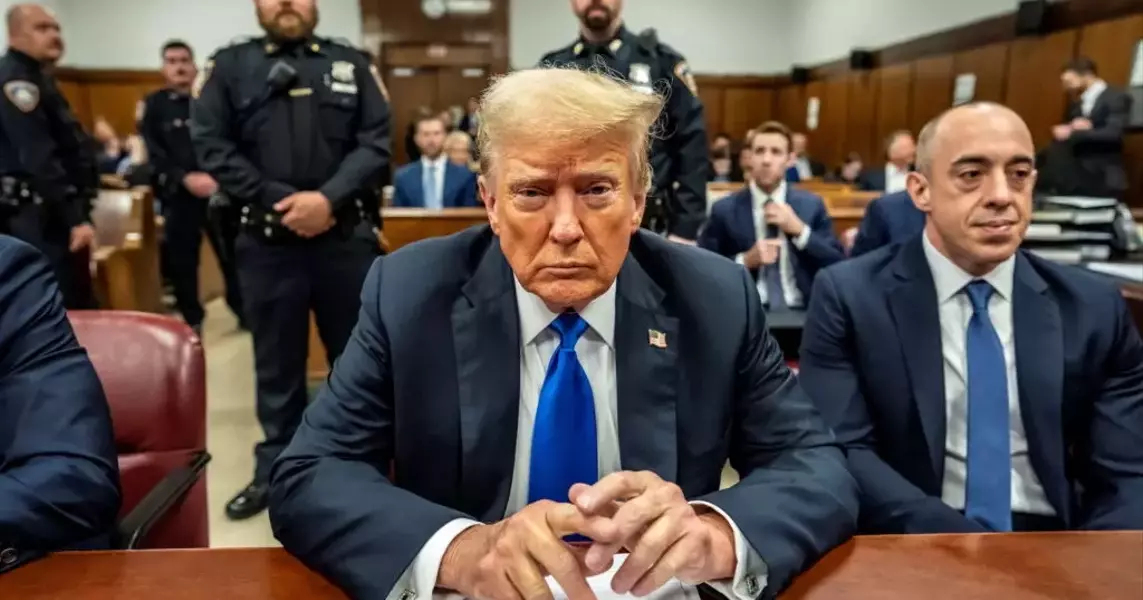President-Elect Trump Seeks to Delay Sentencing in Hush Money Case

The incoming president is making a final attempt to postpone his sentencing, which is scheduled for this week. Following the rejection of his request by Judge Juan M. Merchan, Trump has turned to the New York Appellate Division to intervene. The case, involving falsified business records, carries significant implications as Trump prepares to take office. Legal experts and political analysts are closely watching how this development unfolds.
Appealing for an Emergency Stay
Trump's legal team argues that proceeding with the sentencing could disrupt the presidential transition process. They have requested an emergency order from the appeals court to prevent any constitutional violations. If the sentencing does not occur before January 20th, presidential immunity might delay it until he leaves office. The defense claims that the conviction should be dismissed, emphasizing the complexity of the transition period.
Less than two weeks away from inauguration, Trump faces the unprecedented situation of potentially being the first president to take office while convicted of crimes. His lawyers contend that Merchan's ruling on presidential immunity is flawed, arguing that it should extend to a president-elect during the sensitive transition phase. They assert that conducting a criminal sentencing during this time would undermine the effectiveness of the incoming administration and disrupt the executive power of the United States. Todd Blanche, representing Trump, emphasized these points in filings with the Appellate Division, urging for a quick decision to avoid ongoing violations of Trump's rights.
Judicial Responses and Public Interest
Judge Merchan has indicated that he intends to handle the sentencing with minimal disruption, allowing Trump to appear via video. Despite the historic nature of the case, Merchan believes that finality is essential for justice. He suggested an unconditional discharge as a viable solution, avoiding jail time or fines. Prosecutors argue that public interest demands prompt prosecution and finality in criminal proceedings.
Manhattan prosecutors maintain that the case should proceed as planned, citing the strong public interest in ensuring swift justice. The case revolves around allegations that Trump concealed a hush money payment to Stormy Daniels during his 2016 campaign. Trump denies any wrongdoing, stating that Daniels' claims are false. Initially set for July 11, the sentencing has been postponed multiple times. After Trump's election victory on November 5th, Merchan delayed the sentencing again to consider the future of the case. The potential outcomes remain uncertain as both sides prepare for further legal battles.